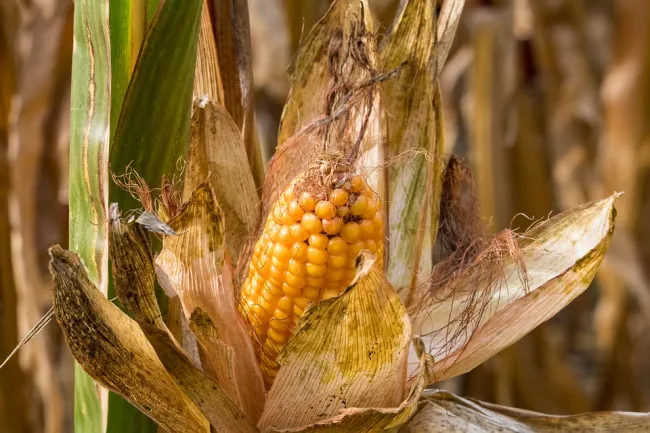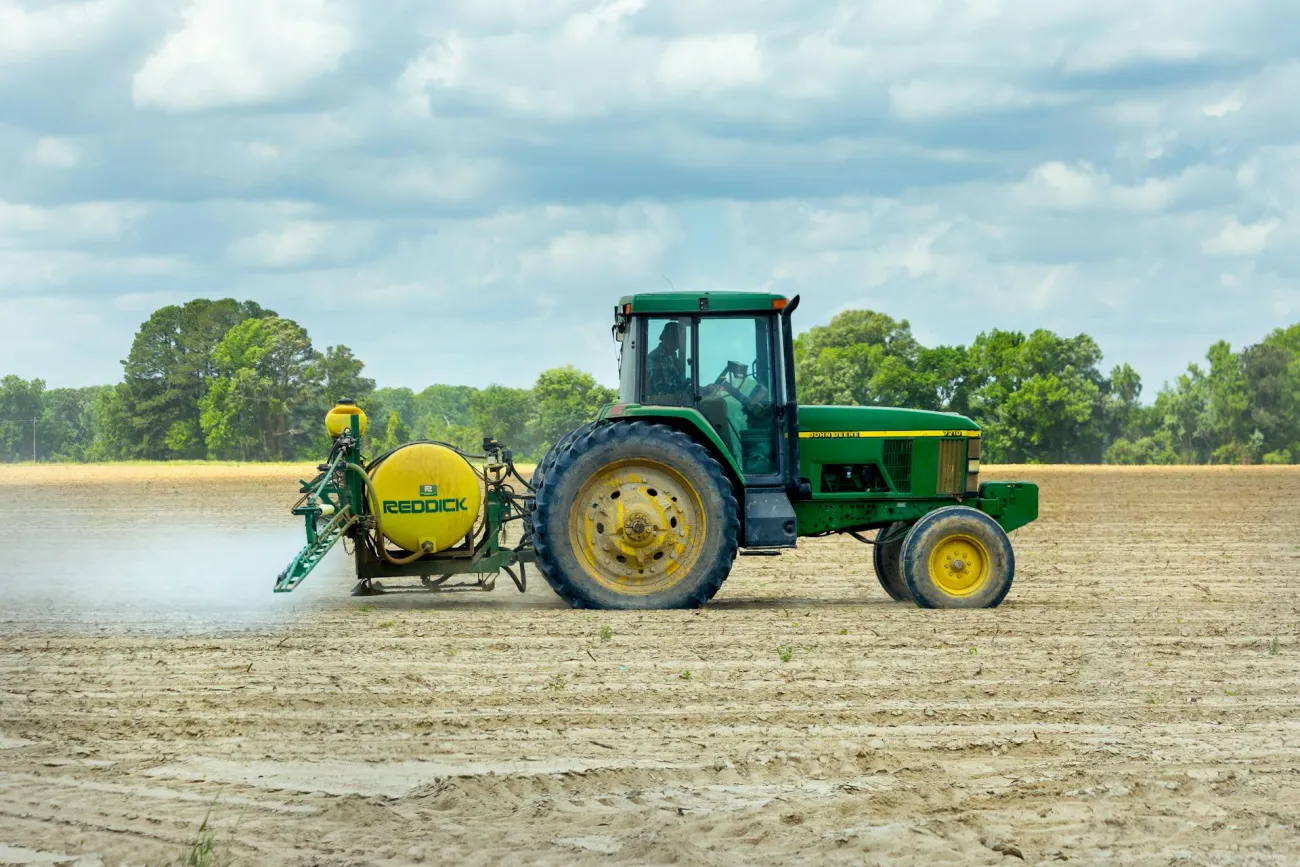This paper, based on research with smallholder maize farms in South Africa, argues that the introduction of modern seed varieties (including hybrid and genetically modified seeds) can contribute to “ecological deskilling” and undermine food sovereignty.

The authors identify three dimensions of ecological deskilling:
- Loss of ecologically based practices. For example, farmers have traditionally managed the stem borer pest using techniques such as sowing in particular weather conditions, placing ash or soil between the maize leaves, or sprinkling the maize with a mix of indigenous herbs. These practices have been substituted by synthetic pesticides or genetically modified crops that produce an insecticidal protein. The authors argue that if farmers lose knowledge of these traditional practices, crops could be devastated if the insects develop resistance to the new control methods (the development of resistance to genetically modified traits has been observed before in South Africa).
- Loss of relational knowledge. This refers to place-specific understandings of the links between animals, plants, people and weather. For example, farmers historically sowed maize at the time that they hear the red chested cuckoo sing, because the bird’s migration is linked to rain patterns. With commercial seed, the timing of sowing may instead be determined by factors such as the delivery of seed or access to a tractor. Furthermore, farmers may select seed varieties based on the advice of seed dealers, as opposed to their own knowledge of the traits of local seed varieties.
- Loss of socio-ecological agency, i.e. the “partial loss of an ability to act autonomously and to make free and informed choices”. For example, smallholders’ choice of seed is often determined by external factors such as limited access to information about the different varieties available, financial constraints, or advice offered by organisations with vested interests.
Abstract
Technological changes embedded in the processes of agrarian modernisation have profoundly reshaped agricultural environments, practices, discourses and institutions worldwide. This article explores how social–ecological relations shift in agricultural practices following the introduction of modern seed varieties, including hybrid and genetically modified (GM) seeds and their co-technologies. Drawing on interviews and ethnographic work in smallholder maize farms in South Africa, we introduce the concept of ecological deskilling in agriculture and describe three dimensions related to it: loss of ecologically based practices, loss of relational knowledge, and loss of socio-ecological agency. Our findings suggest that the introduction of modern seed varieties may contribute to the process of ecological deskilling due to the disruption of the co-evolution of knowledge between smallholder farmers and agroecological environments. We argue that this form of deskilling can undermine food sovereignty and farmers’ agency. It can also narrow future possibilities and pathways for sustainable agricultural development.
Reference
Marshak, M., Wickson, F., Herrero, A. and Wynberg, R., 2021. Losing practices, relationships and agency: ecological deskilling as a consequence of the uptake of modern seed varieties among South African Smallholders. Agroecology and Sustainable Food Systems, pp.1-24.
Read the full paper here. See also the Table explainer What is sustainable intensification




Comments (0)